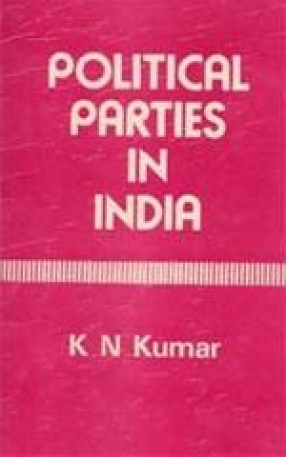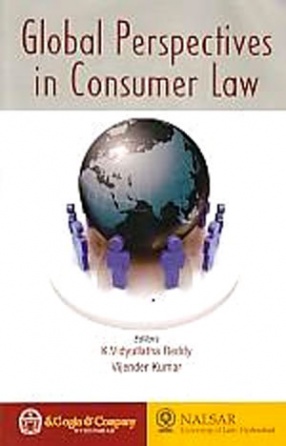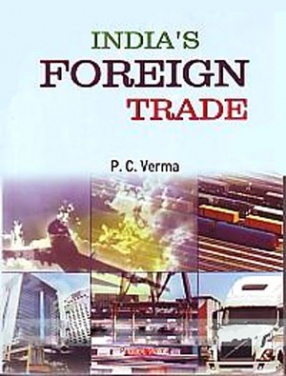This is a painstaking intensive study of three political parties of India. The Indian National Congress, the Communistjk Party of India, and the old Bharatiya Jana Sangh. It purports to examine whether ideological assumptions colour organizational structure of the parties. The author brings out how various parties are based on a ‘kept’ cadre which has no relationship to the ideological image a party presents kbeforek the public. Partieshave a kway, a common way, a universal way of organizing themselves. A party organization can be organized only as an organization. The study also discovers that there is a reciprocal rmutually re-inforcing relationship between commitment to politics (as an advocation) and commitment to ideology. Those who devoted more time to politics were also those who appeared to be more committed to their party ideology. Its data also indicate a conclusion which is different from Weiner’s or Brass’s organizational cohesiveness and is more intimately related to ideology thank to leadership. The generalizations in this work are made not on the basis of data gathered through a carefully structured questionnaire administered commonly to the members of all the political parties under study at various levels from grass-roots above. Needless to add the study has made a significant contribution to Political Science literature in the area of Indian party system.
Global Perspectives in Consumer Law
$27.00
$30.00





There are no reviews yet.